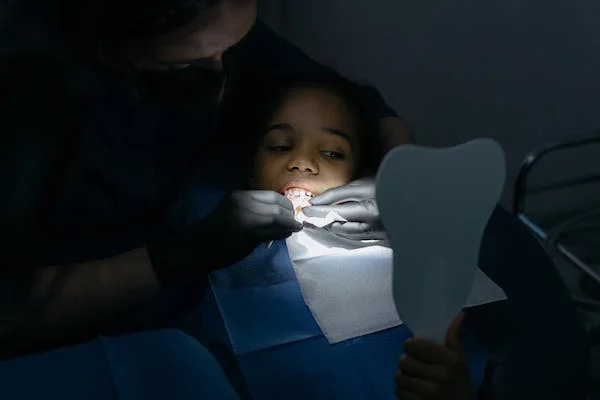Oral health plays a pivotal role in our overall well-being, and dental diseases can significantly impact our daily lives. One transformative approach to address various dental issues is jaw surgery. Also known as orthognathic surgery, this procedure goes beyond aesthetics, offering solutions for a range of dental diseases that affect the jaw. In this article, we will explore the diverse array of dental conditions that jaw surgery can effectively treat.
1. Malocclusion
Malocclusion, commonly referred to as a misaligned bite, is a prevalent dental condition that jaw surgery can successfully address. Malocclusion can manifest as an overbite, underbite, or crossbite, disrupting the proper alignment of the upper and lower teeth. This misalignment can lead to problems with speech, difficulty chewing, and even facial asymmetry. Jaw surgery repositions the jawbones to achieve a harmonious bite, enhancing both function and aesthetics.
2. Temporomandibular Joint (TMJ) Disorders
The temporomandibular joint acts as a hinge connecting the jawbone to the skull. TMJ disorders can cause pain, discomfort, and restricted jaw movement. Jaw surgery can be a viable solution for severe cases of TMJ disorders, especially when conservative treatments like physical therapy, medications, or splints prove ineffective.
By adjusting the alignment of the jaw, surgery can alleviate stress on the temporomandibular joint and provide relief from TMJ-related symptoms.
3. Sleep Apnea
Sleep apnea is a sleep disorder characterized by repeated interruptions in breathing during sleep. While there are various treatments for sleep apnea, jaw surgery offers a solution in cases where the condition is linked to anatomical issues.
Surgery can involve repositioning the jaw to prevent airway obstruction, effectively reducing or eliminating sleep apnea symptoms. This approach not only improves sleep quality but also contributes to overall cardiovascular health.
4. Facial Trauma Reconstruction
Accidents or injuries can lead to facial trauma, affecting the jawbone and surrounding structures. Jaw surgery plays a crucial role in the reconstruction of facial injuries, restoring both function and appearance. This may involve realigning fractured bones, addressing soft tissue damage, and ensuring the proper healing of the facial structures. The comprehensive nature of jaw surgery makes it an invaluable tool in restoring normalcy after facial trauma.
5. Congenital Jaw Abnormalities
Some individuals are born with congenital jaw abnormalities that affect their facial development. These abnormalities may include cleft lip and palate, mandibular hypoplasia, or maxillary deficiencies.
Jaw surgery is often a fundamental component of the treatment plan for these conditions, working to correct the structural anomalies and improve facial aesthetics. Early intervention with jaw surgery can positively impact a person’s physical and emotional well-being throughout their life.
6. Chronic Jaw Pain
Chronic jaw pain, often associated with conditions like myofascial pain syndrome or chronic facial pain disorders, can significantly impact a person’s quality of life. Jaw surgery may be recommended when conservative treatments fail to provide relief. By addressing the underlying structural issues contributing to chronic pain, surgery can offer long-term solutions, restoring comfort and function to the jaw.
Conclusion
Jaw surgery is a versatile and transformative solution for a myriad of dental diseases that affect the jaw and surrounding structures. From correcting malocclusion and TMJ disorders to reconstructing facial trauma and addressing congenital abnormalities, orthognathic surgery plays a pivotal role in enhancing both oral health and overall well-being.
As advancements in surgical techniques continue, the scope of jaw surgery’s effectiveness is likely to expand, offering hope and relief to individuals facing diverse dental challenges. If you or someone you know is grappling with any of these dental conditions, consulting with a qualified oral and maxillofacial surgeon can provide valuable insights into the potential benefits of jaw surgery tailored to individual needs.
